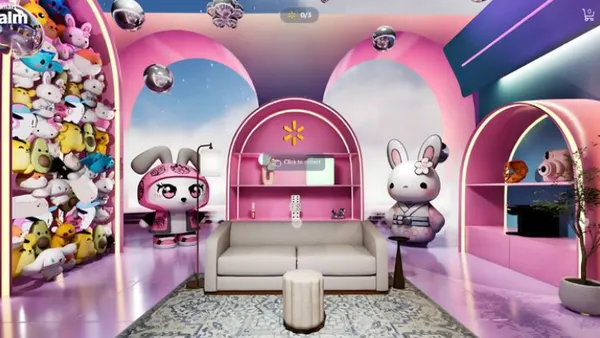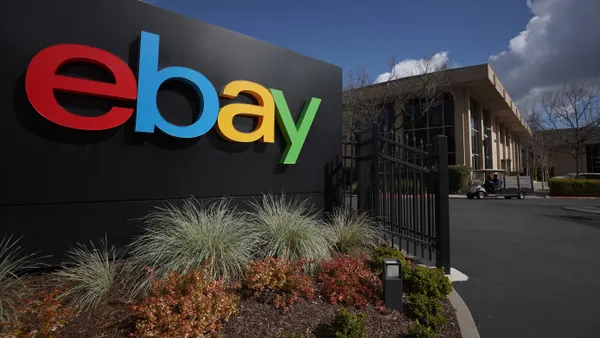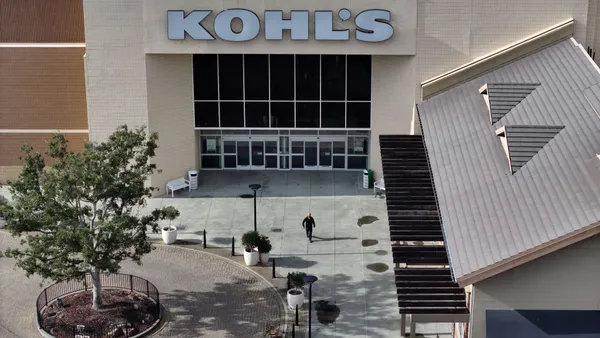Dive Brief:
- The continued development of artificial intelligence and related technologies will result in the elimination of 6% of all jobs in the U.S. by 2021, according to a new Forrester Research report.
- Current virtual assistant technologies like Alexa, Cortana, Siri and others will become more advanced through machine learning capabilities, allowing them and other systems to replace humans in jobs such as customer services and eventually transportation and delivery.
- Andy Stern, the former president of the Service Employees International Union, told the Guardian that the disappearance of that many jobs could have a "huge" impact in an economy that already is unable to create new full-time jobs at the pace it once did, noting "So we will have people wanting to work and struggling to find jobs because the same trends are beginning to occur in other historically richer job creation areas like banking, retail and healthcare.”
Dive Insight:
This is not the first time Forrester has made an attention-grabbing prediction about technology leading to the disappearance of jobs. It also said that the same would happen in the business-to-business sales arena, and that current virtual assistant technology spelled the beginning of the end of those jobs as well.
How should the retail industry feel about all this?
Retail has been pretty progressive thus far in testing artificial intelligence and machine learning technologies in both virtual assistant form and physical robot form. While there may be some concern about what happens as these technologies are perfected and become affordable enough to be deployed throughout the retail ecosystem, the retail industry for now seems fairly enthused about the ways in which these technologies can help to better serve customers and make stores and operations more efficient.
The key to enabling a smooth transition to this new age in which robots and intelligent agents serve retail without taking it over completely likely lies in the human touch. Retail, even in its online form, is a relationship business, and the more personal the relationship, the better. Robots and intelligent agents can aid human workforces and support them in creating and maintaining these relationships by doing things like managing and moving inventory or presenting the customer with detailed product information in the form of helpful videos or a display of technical specs too numerous to list on an in-store product display, to state just a couple examples.
In this way, these new technologies can become deeply integrated over a gradual amount of time, and can find their natural role and place in the retail ecosystem. Human jobs over time will be lost to robots and other intelligent agents, but that doesn't have to — and probably shouldn't — happen overnight.
And anyway, when the robots do eventually take over, not all human jobs will be lost. They'll still need someone to oil them, right?












